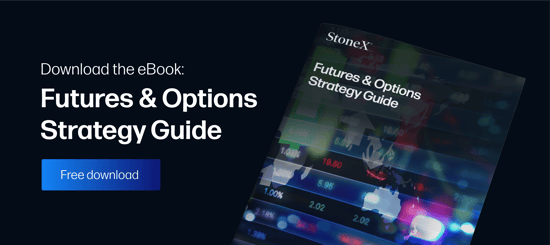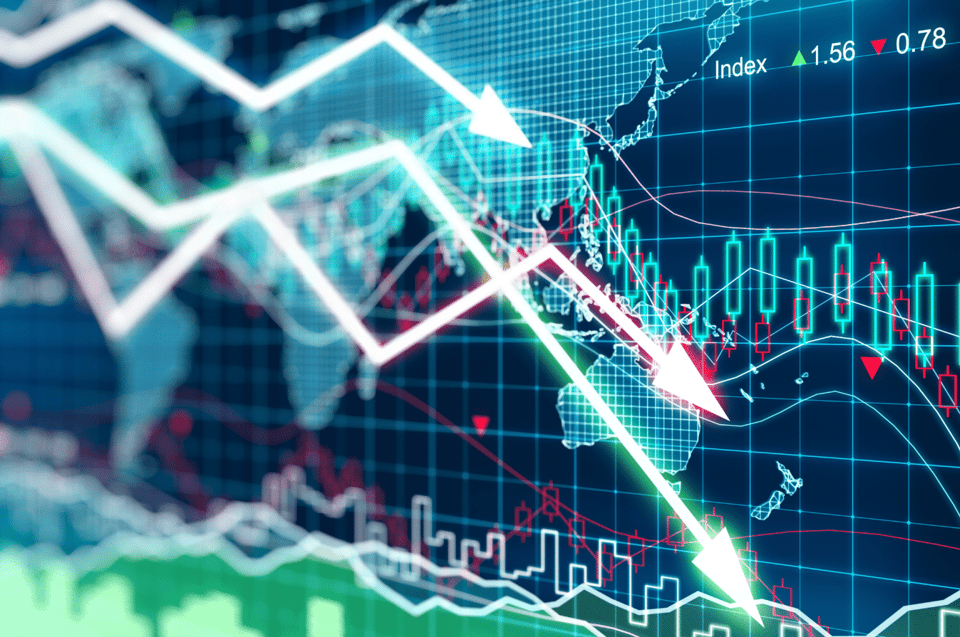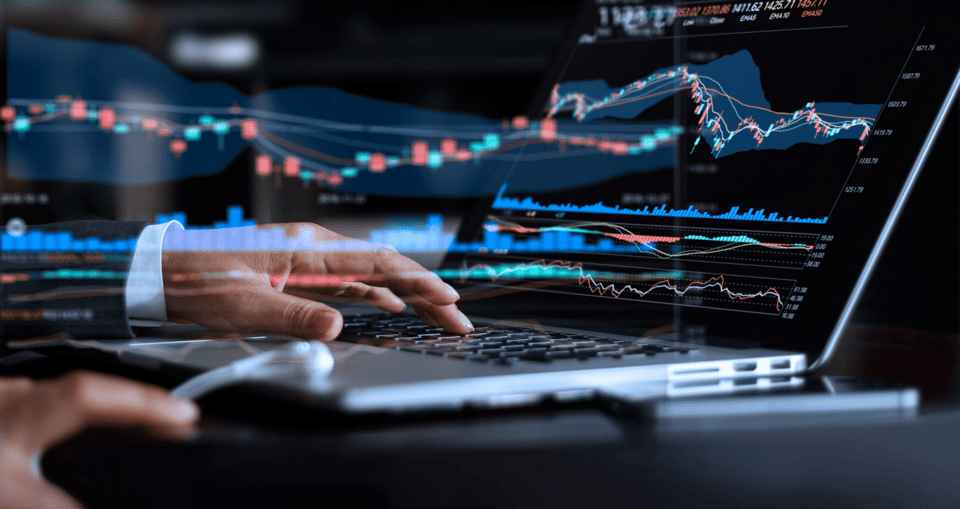Forex vs. Futures: Pros and Cons
For active traders, the forex versus futures quandary can be a real head-scratcher. Securing the necessary resources, finding a brokerage outlet, and building a viable trading plan are all critical undertakings that vary per market. Still, an essential question persists: Is there really much difference between trading forex and trading futures?
Although buying and selling forex currency pairs isn’t all that dissimilar from buying and selling futures contracts, there are a few distinctions to be aware of. Let’s take a look at the key discrepancies and the benefits of each.
Exchange-Based vs. OTC
The forex is the world’s largest market, boasting more than $5 trillion in average daily turnover. Currency pairs are traded on the forex in an over-the-counter (OTC) capacity, courtesy of a decentralized electronic framework. At any given moment during the 23/5 trading week, major, minor, and exotic pairs are bought and sold on this enormous capital venue.
Contrary to the forex, futures are traded on formal exchanges. A key attribute of futures contracts is that all transactions are facilitated and cleared in a standardized fashion. Accordingly, the forex vs. futures comparison revolves around a few differences between OTC and exchange-based products:
- Counterparty risk: In forex, counterparty risk refers to the financial health of the market maker. There is no clearinghouse or exchange to vouch for transactions; the solvency of liquidity providers is the only guarantee that buys and sells will be honored.
- Leverage: Both forex and futures products are traded on margin. However, U.S. futures margins range between 5-12 percent, whereas forex margin requirements may be as low as 2 percent.
- Liquidity: The premier calling card of the forex is liquidity. The eight major currency pairs are inherently liquid, featuring tight spreads and robust market depth. On the other hand, the liquidity of futures products varies wildly from contract to contract. Because of this variance, issues such as slippage can severely undermine profitability.
Even though the forex offers traders unparalleled market breadth, it does come with some drawbacks. Unfortunately, trades are not cleared through an exchange, which means that a key element of counterparty risk hinges on the viability of your broker. Although the major pairs are highly liquid and leverage is readily available, a lack of centralized clearing does add an element of risk.
Forex vs. Futures: A Question of Diversity
Aside from the three primary differences discussed above, there are many other facets of the forex vs. futures matchup worth examining. As with most things trading-related, each venue has a collection of unique benefits and drawbacks. However, one of the largest discrepancies has to do with the diversity of alternatives.
In the futures markets, you’re not limited to just trading currencies. Market participants have easy access to many asset classes:
- Commodities
- Equities indices
- Bonds
- Major currencies
As any veteran of the markets will tell you, it is good to have options. Although forex traders are able to engage the world’s major, minor, and exotic currencies, the total number of broker-supported products (currency pairs) is typically about 50.
In reality, currency pairs outside of the majors feature limited market depth and wide bid/ask spreads. So, although your forex broker technically offers between 40-70 currency pairs, optimal trading conditions are likely only present in the top 8-12. This is an important consideration when considering the forex vs. futures conundrum. On a given day, futures provide participants with a multitude of deep, liquid markets, and the forex doesn’t.
Choosing the Right Market Is the Name of the Game
A critical first step in any trader’s career is choosing a suitable market. No matter what you are trading―whether it’s crude oil or the Swedish krona―it is imperative that the market’s attributes complement your strategic objectives. If not, success will likely be fleeting and frustration common.
For more information regarding the forex vs. futures dichotomy, schedule your free one-on-one consultation with a member of the StoneX team today.



